Power struggle in Minnesota Legislature before the start of its 2025 session echoes the 2011 clash in Wisconsin
The 2024 election resulted in Democrats and Republicans each winning 67 seats in the Minnesota House of Representatives and party leaders worked out a power-sharing plan, but after a judge ruled one Democrat didn't live in his district, boycott and recall threats ensued.
Associated Press
January 14, 2025

Morning light strikes the Minnesota State Capitol on March 20, 2024, in St. Paul. Democrats in the state's House of Representatives are threatening to boycott the opening day of its 2025 session on Jan. 14, and Republicans in the chamber are saying they'll seek to recall lawmakers who don't attend. (Credit: AP Photo / Steve Karnowski)

ST. PAUL, Minn. (AP) — The 2025 session of the Minnesota Legislature could be headed for a rocky start when it convenes on Jan. 14, with House Democrats threatening to boycott opening day and House Republicans saying they’ll try to recall lawmakers who fail to show up.
The messy power struggle is unusual for a state that historically has prided itself on clean politics, but where Republicans chafed at being frozen out in 2023 and 2024, when Democrats controlled both chambers and Democratic Gov. Tim Walz completed the trifecta of power.
The House came out of the November election tied 67-67, though, and top leaders from both parties worked out most of a power-sharing agreement that presumed a tie. But a judge late in December 2024 declared that a newly elected Democrat didn’t really live in his district. So the GOP has a 67-66 majority until a special election in two weeks. It’s in a heavily Democratic district, so the election likely will restore the tie.
House Republicans have declared that they’ll have an “organizational majority” on opening day and that they intend to use it to elect their leader, Lisa Demuth of Cold Spring, as speaker for two years, name the committee chairs, and pursue an agenda that includes preventing fraud in government programs. They’ve also threatened to use their power to prevent the seating of another Democrat who won reelection by only 14 votes, Brad Tabke of Shakopee. A court ruling on that race, where 20 ballots went missing, remained pending on Jan. 13.
House Democrats, led by former speaker Melissa Hortman of Brooklyn Park, reject what they’re calling a GOP power grab. They’re threatening not to show when the House convenes at noon on Jan. 14, saying there won’t be a quorum without them. They even held a secret swearing-in ceremony for their members the night of Jan. 12 to make it harder for Republicans to deny anyone their seat.
“It’s outrageous that they’re trying to use this two-week, one-vote edge that they have to potentially kick out newly elected members and to try to seize control for two years, which would completely ignore the will of the voters,” Hortman said at a news conference on Jan. 13.
Hortman said she planned to meet with Demuth on the evening of Jan. 13 to offer a compromise that would allow Republicans to elect Demuth as speaker and control the House until after the special election, when they would return to their previous power-sharing agreement. She said one condition would be that Republicans drop their threat to refuse to seat Tabke.
In an interview later on Jan. 13, Demuth didn’t reject a deal along those lines — but didn’t say she’d accept it, either.
“I would absolutely be open to having a conversation with Representative Hortman,” Demuth said. “That’s what we have done all along.”
This would be the first time the Minnesota Legislature has faced a boycott to prevent a quorum, but similar stalling tactics have been used elsewhere.
For example, Democrats in neighboring Wisconsin went into hiding in 2011 in a standoff with majority Republicans over union rights for public employees. Oregon Republicans staged multiple walkouts in recent years, including a record six-week walkout in 2023 over bills on abortion, gender-affirming care and gun rights. The top Democrat in the Michigan House in December 2024 ordered absent members back and barred the doors after a Democrat joined Republicans in skipping out.
The high-stakes poker in the Minnesota House contrasts with calm in the state Senate, where Democrats are expected to regain a 34-33 majority after a special election Jan. 28 to fill a vacancy caused by a senator’s death late in December. Unlike the House, the top Senate Democratic and GOP leaders quietly worked out a power-sharing deal on Jan. 12.
Under Minnesota law, the secretary of state calls the House to order at the start of a session, declares whether a quorum is present, and hands over the gavel when a speaker is elected. It’s normally a quick formality.
Democratic Secretary of State Steve Simon told legislative leaders on Jan. 10 that his reading of the state constitution, statutes and House rules is that 68 members must show up for a quorum. Republicans argue that the vacant seat means a quorum is just 67. But Simon said he has no authority to take further action unless 68 lawmakers are present, so all they could do would be to take attendance and adjourn. He said he’ll continue to convene and adjourn the House daily until a quorum is finally present and a speaker is elected so that normal business can begin.
Republican leaders threatened Jan. 13 to seek recalls for “nonfeasance” of any Democratic representatives who aren’t present for the roll call on Jan. 14, a cumbersome process that requires state Supreme Court approval.
“We are committed to holding every legislator accountable,” state GOP Chairman Alex Plechash told reporters. “If you don’t show up for the job, you shouldn’t keep it.”
Associated Press reporters Kathleen Foody in Chicago; Scott Bauer in Madison, Wisconsin; Claire Rush in Portland, Oregon; and Kimberly Chandler in Montgomery, Alabama, contributed to this story.
 Passport
Passport





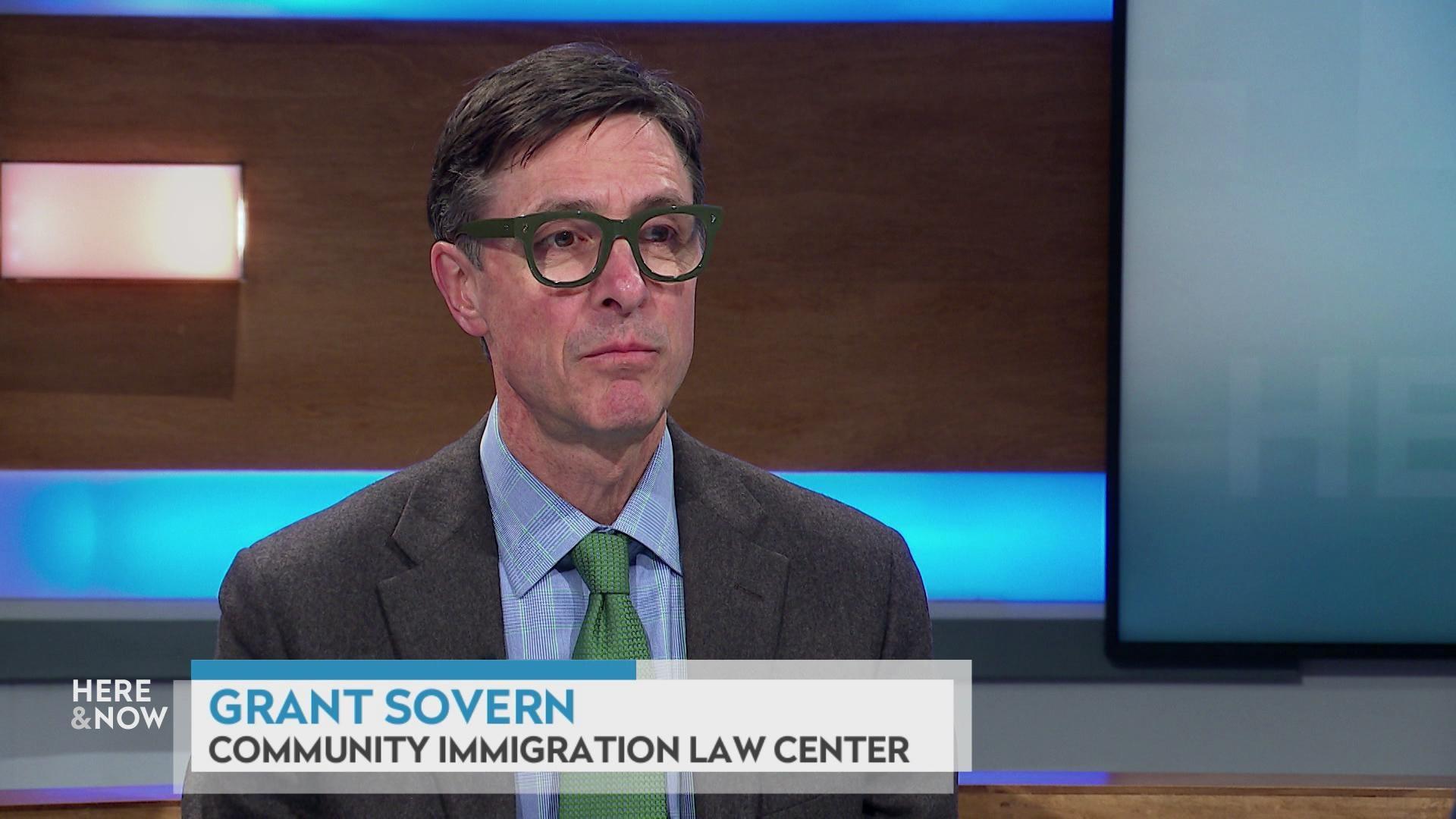
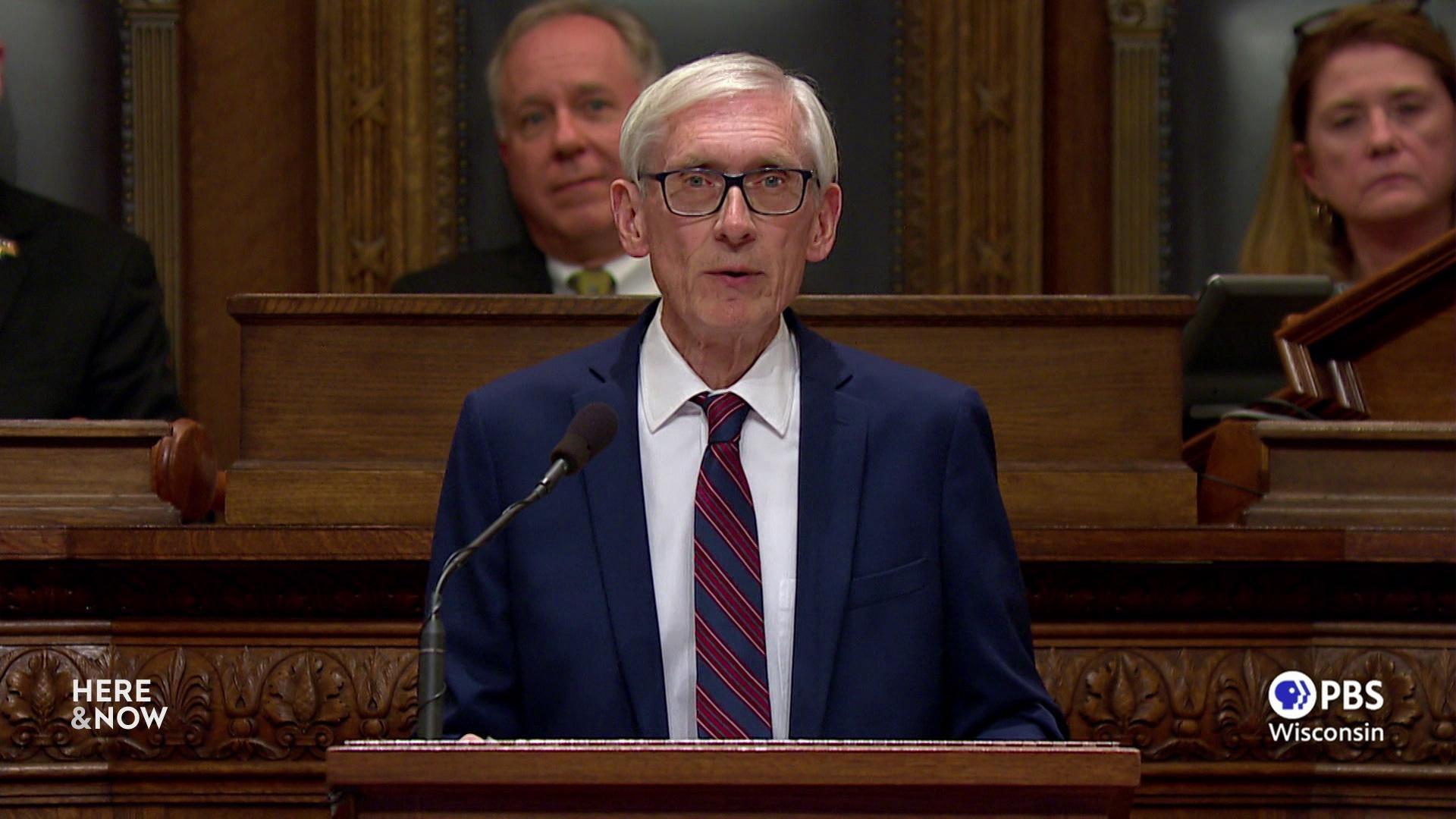
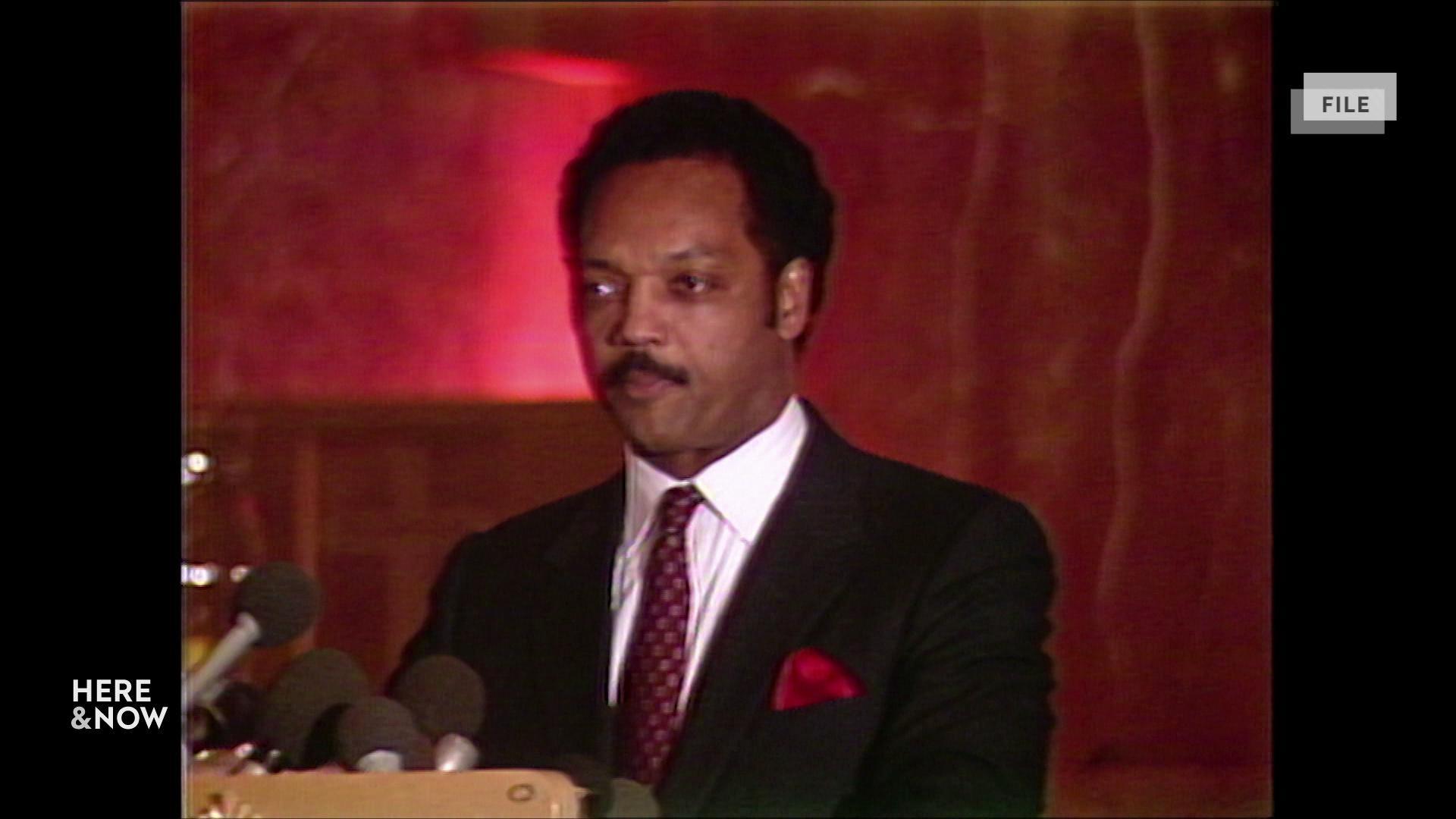
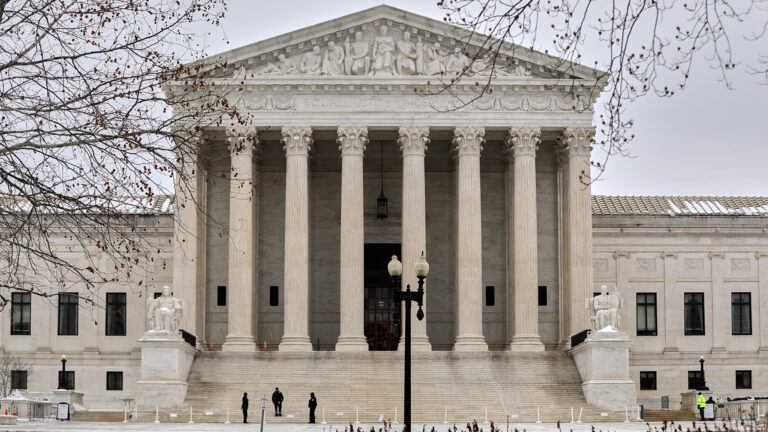
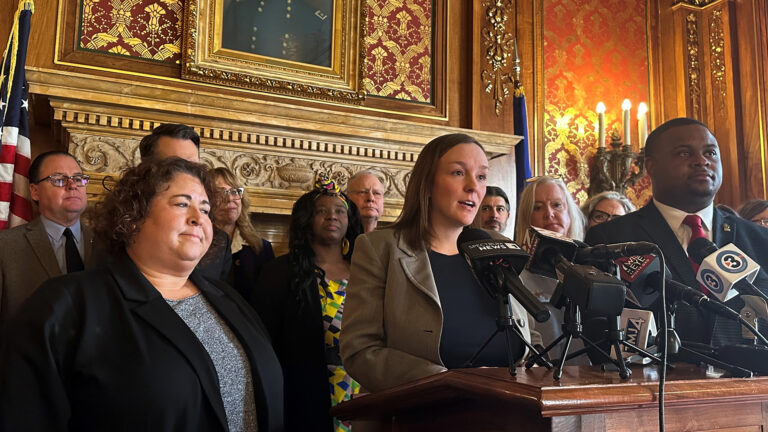

Follow Us